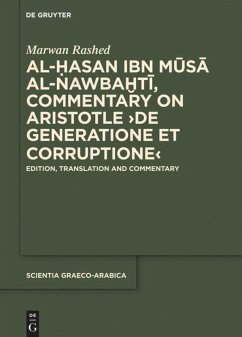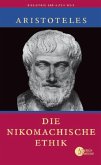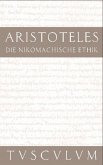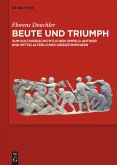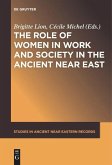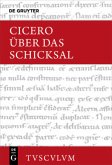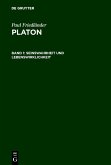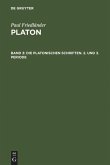This book contains a new edition and English translation of the oldest commentary on Aristotle written in Arabic and preserved to this day, together with an extensive commentary. It is a compendium on the treatise De generatione et corruptione, written by the Imamite theologian and heresiographer Hasan b. Musa al-Nawbakhti (fl. ca. 900). To this day, apart from the title of more than forty works and numerous fragments-taken mainly from his magnum opus, the Book of the Doctrines and Religions (Kitab al-ara' wa-al-diyanat)-only a single treatise of his, the Book of Shî'î Sects (Kitâb firaq al-shî'a), was known to us. The text sheds new light in several ways: firstly, on the the Arabic philosophical tradition, since it was composed during the obscure period between al-Kindi and al-Farabi (roughly, the 2nd half of the 9th c.); secondly, on the Greek tradition, since the author makes extensive use of Alexander's lost commentary on De generatione; thirdly, on the formative period of shi'ism, since it helps us to reconstruct how the author borrowed from the Aristotelian tradition the tools necessary to build up a new anthropology compatible with the doctrine of the Occultation which he inaugurated at the time.
"[...] [Ein] Werk von geradezu stupender Gelehrsamkeit und Kompetenz, sowohl in geistesgeschichtlicher als auch in philosophischer und editorischer Hinsicht [...]"
Matthias Perkams in: Gnomon 89 (2017) Nr. 6: 561
"[...] this volume is important and its author deserves the gratitude of those working in the field for having edited and translated another piece of the Graeco-Arabic legacy."
Cristina D'AnconaAlexander's in: Studia graeco-arabica 6 / 2016
Matthias Perkams in: Gnomon 89 (2017) Nr. 6: 561
"[...] this volume is important and its author deserves the gratitude of those working in the field for having edited and translated another piece of the Graeco-Arabic legacy."
Cristina D'AnconaAlexander's in: Studia graeco-arabica 6 / 2016

